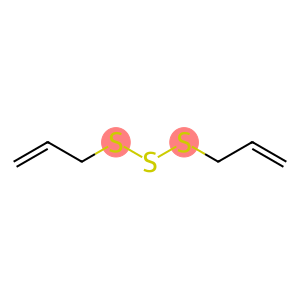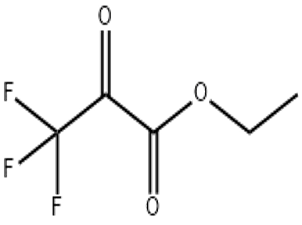Octane(CAS#111-65-9)
| Risk Codes | R11 – Highly Flammable R38 – Irritating to the skin R50/53 – Very toxic to aquatic organisms, may cause long-term adverse effects in the aquatic environment. R65 – Harmful: May cause lung damage if swallowed R67 – Vapors may cause drowsiness and dizziness |
| Safety Description | S9 – Keep container in a well-ventilated place. S16 – Keep away from sources of ignition. S29 – Do not empty into drains. S33 – Take precautionary measures against static discharges. S60 – This material and its container must be disposed of as hazardous waste. S61 – Avoid release to the environment. Refer to special instructions / safety data sheets. S62 – If swallowed, do not induce vomitting; seek medical advice immediately and show this container or label. |
| UN IDs | UN 1262 3/PG 2 |
| WGK Germany | 1 |
| RTECS | RG8400000 |
| TSCA | Yes |
| HS Code | 29011000 |
| Hazard Class | 3 |
| Packing Group | II |
| Toxicity | LDLo intravenous in mouse: 428mg/kg |
Introduction
Octane is an organic compound. Its properties are as follows:
1. Appearance: colorless liquid
4. Density: 0.69 g/cm³
5. Flammability: flammable
Octane is a compound that is mainly used in fuels and solvents. Its main uses include:
1. Fuel additives: Octane is used in gasoline as a standard compound for octane number testing to evaluate the anti-knock performance of gasoline.
2. Engine fuel: As a fuel component with strong combustion capacity, it can be used in high-performance engines or racing cars.
3. Solvent: It can be used as a solvent in the fields of degreasing, washing and detergent.
The main preparation methods of octane are as follows:
1. Extracted from Oil: Octane can be isolated and extracted from petroleum.
2. Alkylation: By alkylating octane, more octane compounds can be synthesized.
1. Octane is a flammable liquid and should be stored in a cool, dry, well-ventilated place, away from ignition and oxidants.
2. When using octane, wear appropriate protective equipment such as gloves, goggles, and protective clothing.
3. Avoid octane contact with skin, eyes, and respiratory tract.
4. When handling octane, avoid generating sparks or static electricity that could cause a fire or explosion.








